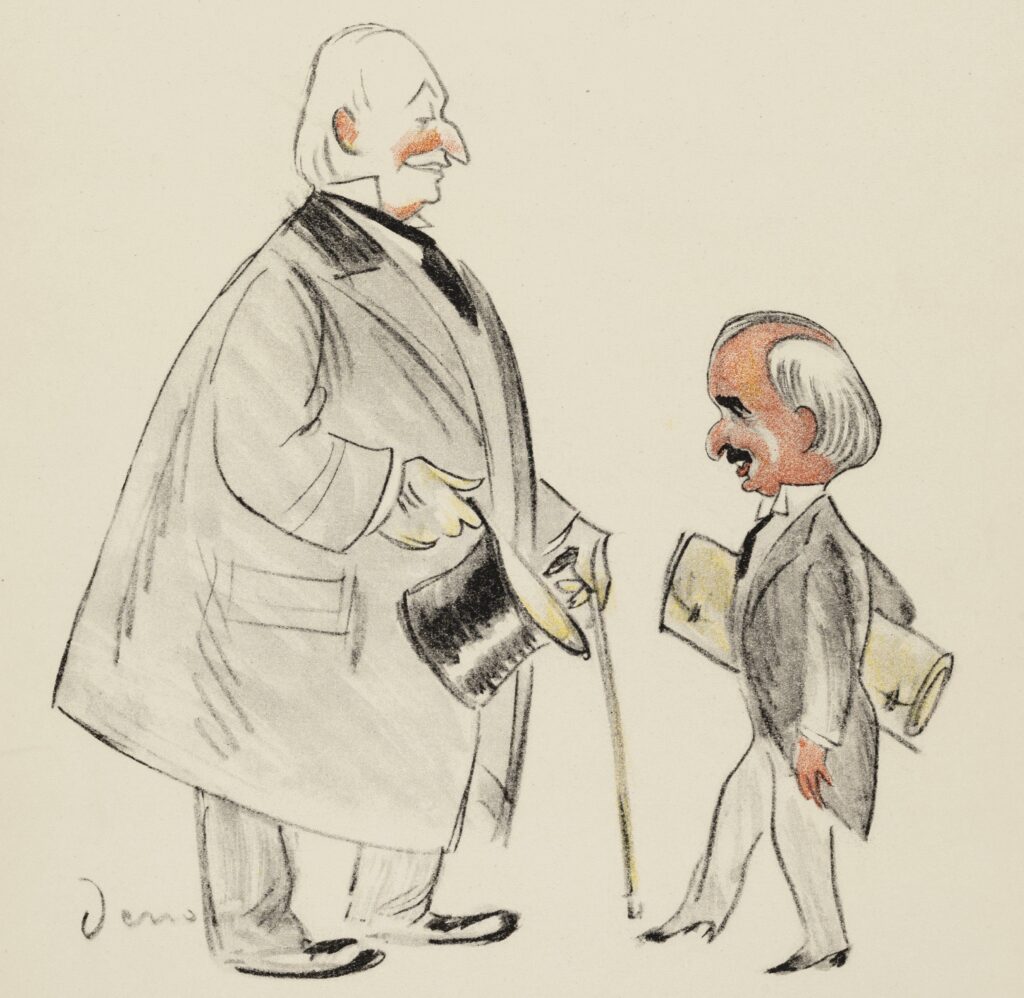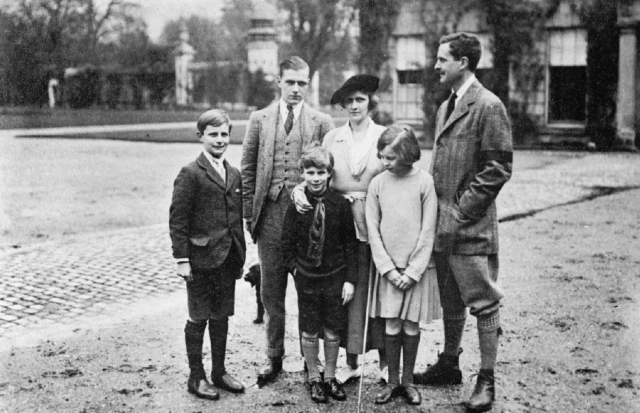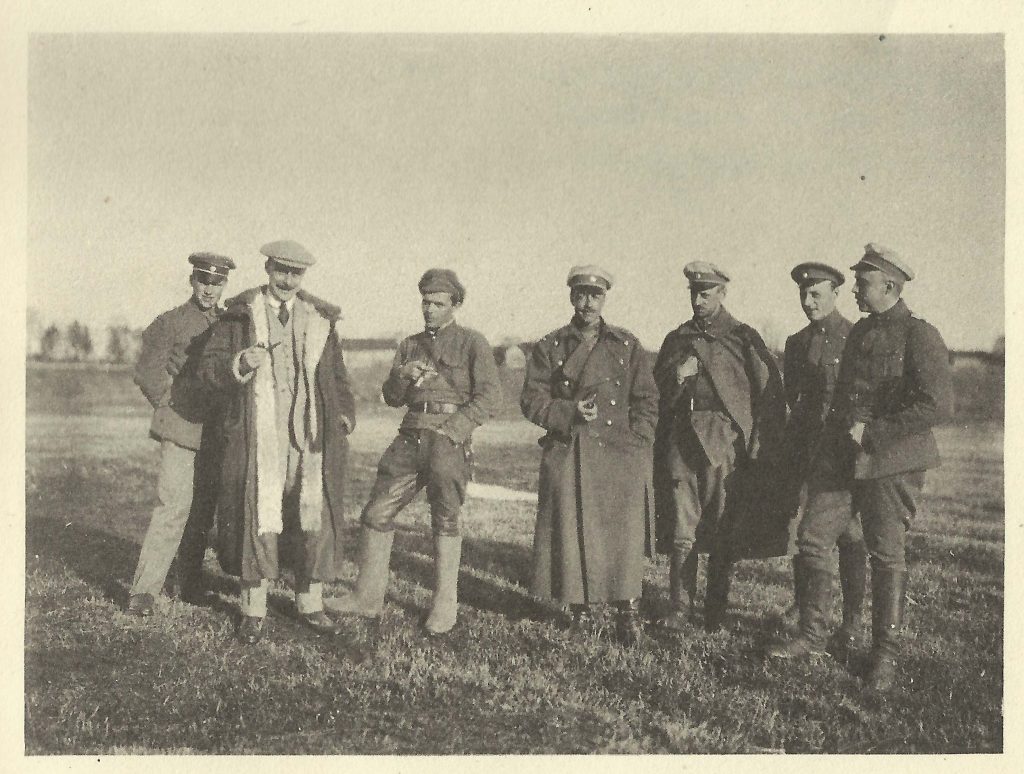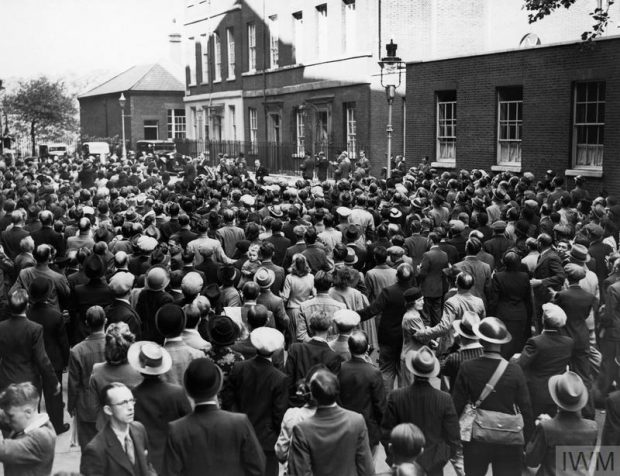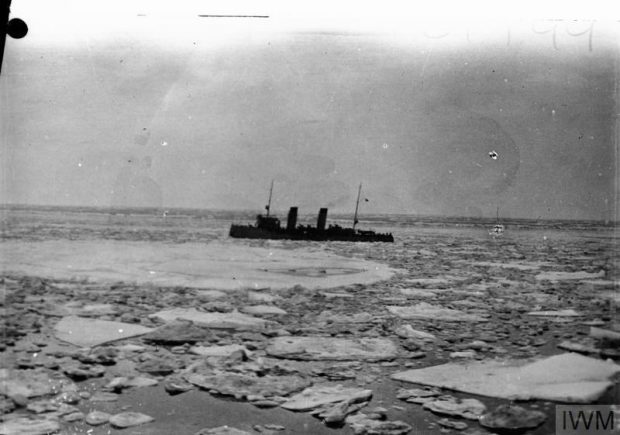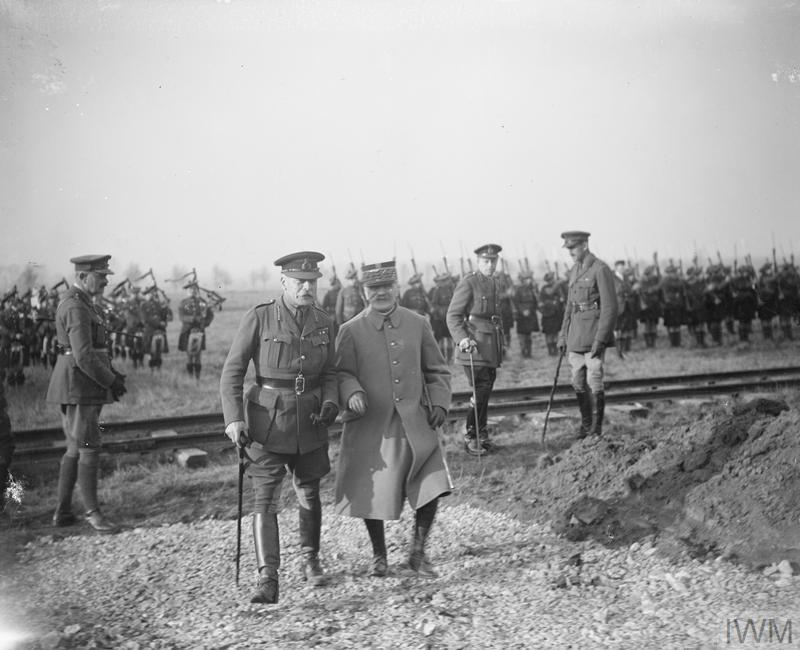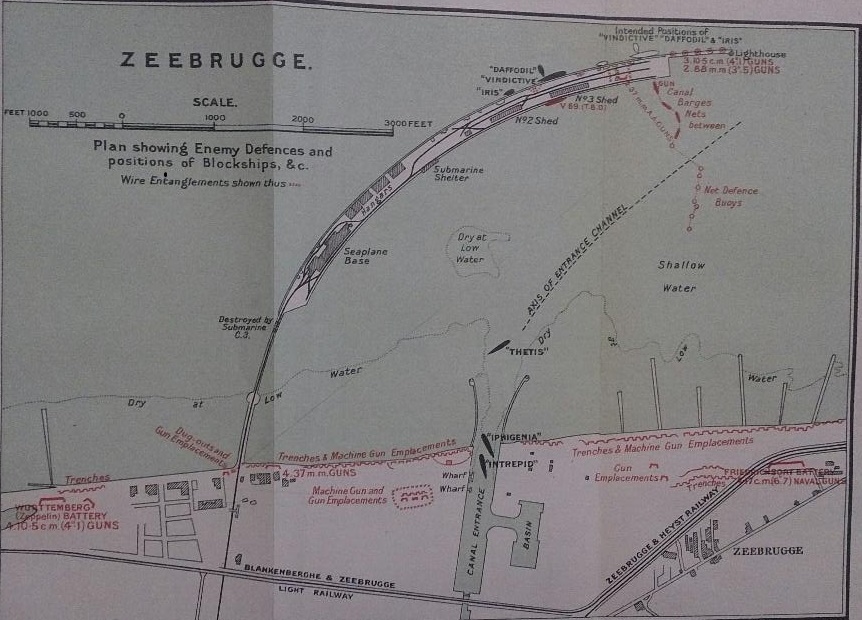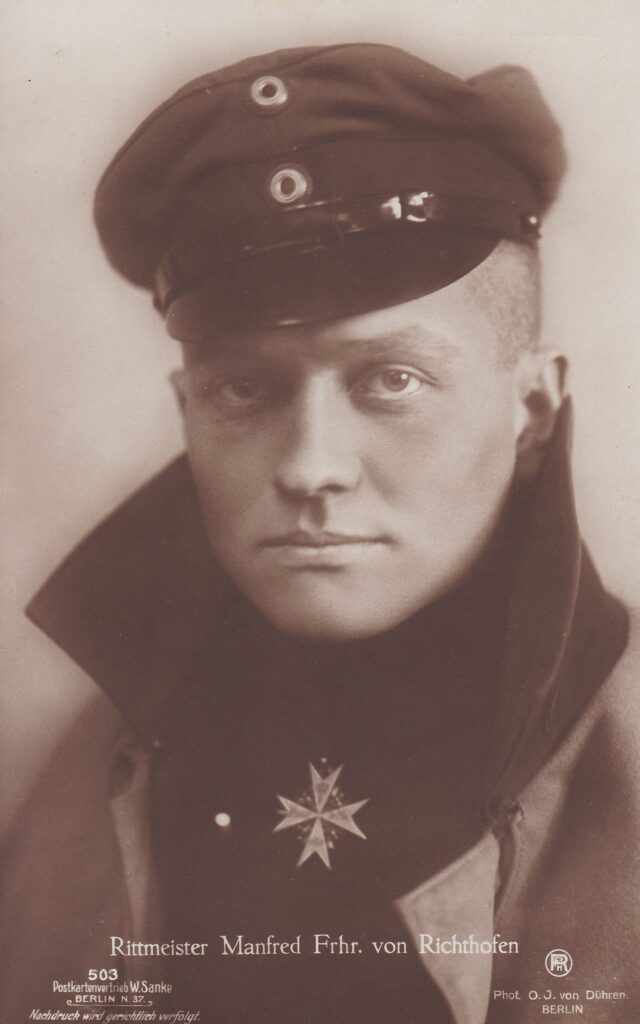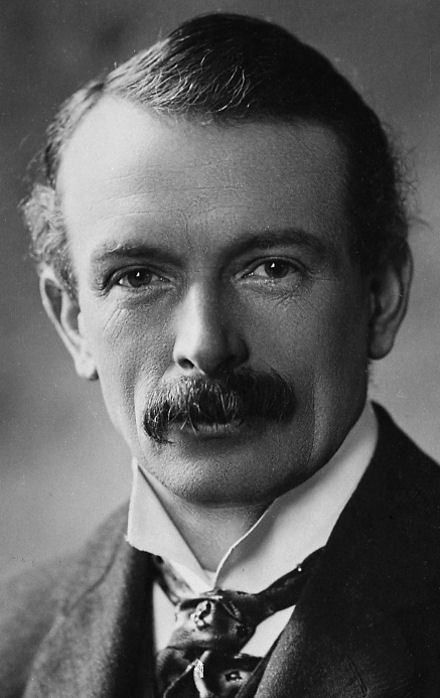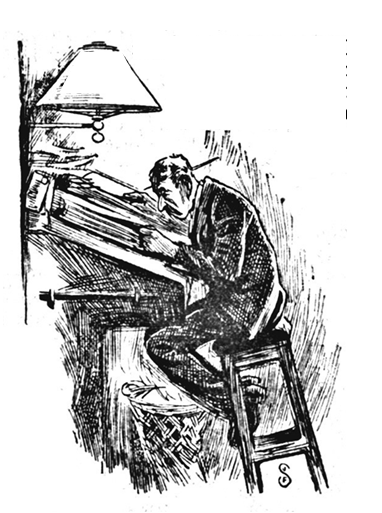Professor Jonathan Conlin of The Lausanne Project explains how that "most superior person" (as he was described by contemporaries at Oxford) met his match at Lausanne 100 years ago. Of all the treaties negotiated in the wake of World War 1, …
It was not by long-term design that the first woman took her seat in the House of Commons.
Harold Alexander may be associated with Italy in the Second World War, but his actions in Latvia in 1919 potentially prevented a civil war.
With a flurry of diplomatic activity in the first 3 days of September 1939, was the Second World War inevitable?
On 11 November we remember the guns ceasing firing. We imagine universal relief that the carnage of war was finally over, at least in the victorious countries. There is just one problem: that is not the complete truth.
General Ludendorff described 8 August as ‘the black day of the German Army’. Many British Historians consider it the final turning point in the First World War. To say that the British Prime Minister, Lloyd George, and Field Marshal Haig …
...prefix their names with ‘Royal’. In 1919 they returned to their duties carrying civilians. Further reading London Gazette Despatches https://www.thegazette.co.uk/London/issue/31189/supplement/251 Keep tabs on the past.Sign up for our email alerts....
...Red Baron, courtesy of David Marks’ collection He was born in 1892 to an aristocratic Prussian Military family and at the age of 11 enrolled into military school. Graduating as...
The Prime Minister's Secretariat (the 'Garden Suburb') was formed 100 years ago, to support David Lloyd George in the conduct of the war. But would it still be needed once hostilities came to an end?
Learn how the General Register Office, responsible for the civil registration of births, marriages and deaths in England and Wales, coped with the extra demands which resulted from the First World War.
